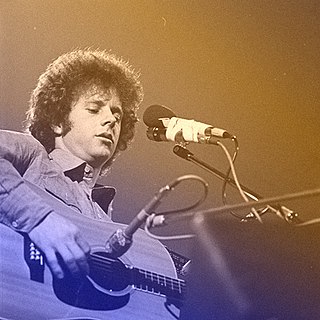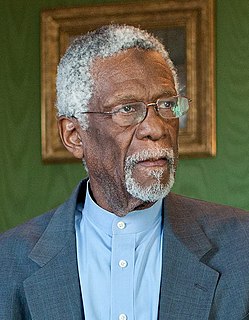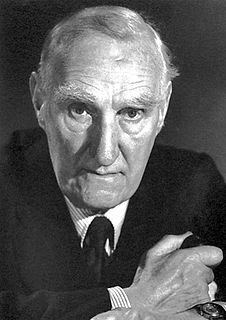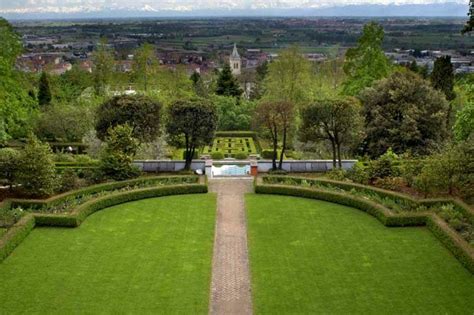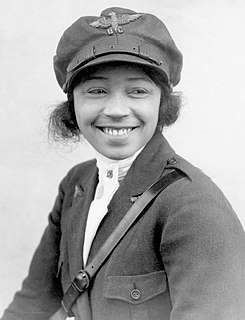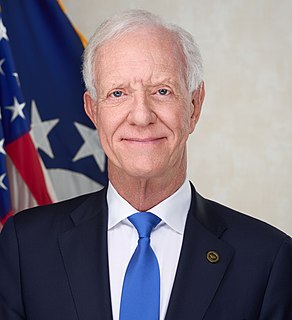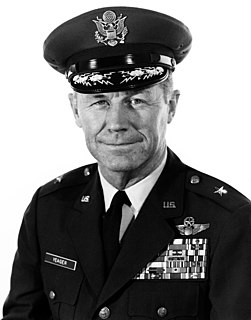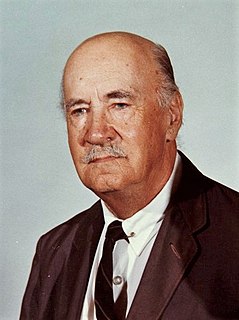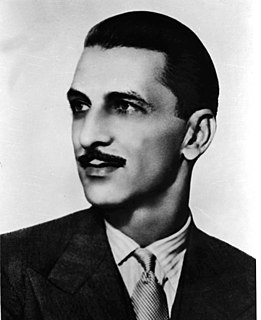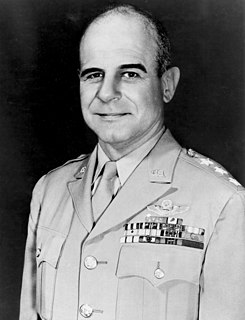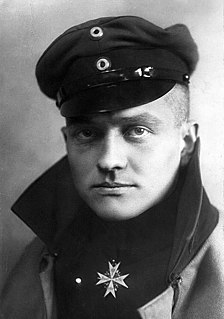A Quote by Charles Lindbergh
If I were entering adulthood now instead of in the environment of fifty years ago, I would choose a career that kept me in touch with nature more than science. ... Too few natural areas remain; both by intent and by indifference we have insulated ourselves from the wilderness that produced us.
Related Quotes
It's different now but I enjoy it more than I did then. I think I appreciate it more now and I love playing acoustically. This is the way I started. Herb and I met each other forty years ago when we were both eighteen years old, playing bluegrass, and that's what drew me into music, and I enjoyed every particular part of my career. But now I enjoy it because it's the twilight of my career, where I can play what I want and I can play when I want and where I want. And that's the greatest part it all. So it's sort of a right that I've earned. I can record records the way I want to.
Without any extraordinary effort of genius, I have discovered that nature was the same three thousand years ago as at present; that men were but men then as well as now; that modes and customs vary often, but that human nature is always the same. And I can no more suppose, that men were better, braver, or wiser, fifteen hundred or three thousand years ago, than I can suppose that the animals or vegetables were better than they are now.
Women are afraid. It is unpopular to question the bible. They are creatures of tradition. They fear to question their position in the testament, as they feared to advocate suffrage fifty years ago. Now they are quarreling as to which were among the first to advocate it. You see they are not used to abuse as I am. In Albany, fifty years ago, when I went before the legislature to plead for a married woman's right to her own property, the women whom I met in society crossed the street rather than speak to me.
Thirty years ago, if you said the country was living beyond its means, people would have thought about economics. Now, if you talk about the country, or the planet living beyond its means, you think about the environment. We are taking out more than we are giving back. We are consuming energy, water, and other natural resources in a way that is leading to huge and often irreversible damage to the planet. So too are most other developed nations. And so too will China and India if they follow the same path of economic development as us
If all our common-sense notions about the universe were correct, then science would have solved the secrets of the universe thousands of years ago. The purpose of science is to peel back the layer of the appearance of the objects to reveal their underlying nature. In fact, if appearance and essence were the same thing, there would be no need for science.
There are few gardens that can be left alone. A few years of neglect and only the skeleton of a garden can be traced. . . . Japanese artists working with a few stones and sand four hundred years ago achieved strangely lasting compositions. However there, too, but for the hands that have piously raked the white sand into patterns and controlled the spread of moss and lichens, little would remain.
A few years ago, they [Neandertals] were thought to be ancestral to anatomically modern humans, but now we know that modern humans appeared at least 100,000 years ago, much before the disappearance of the Neandertals. Moreover, in caves in the Middle East, fossils of modern humans have been found dated 120,000-100,000 years ago, as well as Neandertals dated at 60,000 and 70,000 years ago, followed again by modern humans dated at 40,000 years ago. It is unclear whether the two forms repeatedly replaced one another by migration from other regions, or whether they coexisted in some areas
Four years ago, I was thinking… no Olympics, who am I? Probably in ’04, I was identified with gymnastics. I thought gymnastics was who I am and I have to be an Olympian and I have to make this team. That’s probably why I was a little bit devastated when I didn’t make it. You know, I was kinda lost. Now I realize that we’re all magnificent, regardless of what we do or whatever career path we choose, you know, that career doesn’t have to define us as a human being. There’s so much more to being human than all of this.

